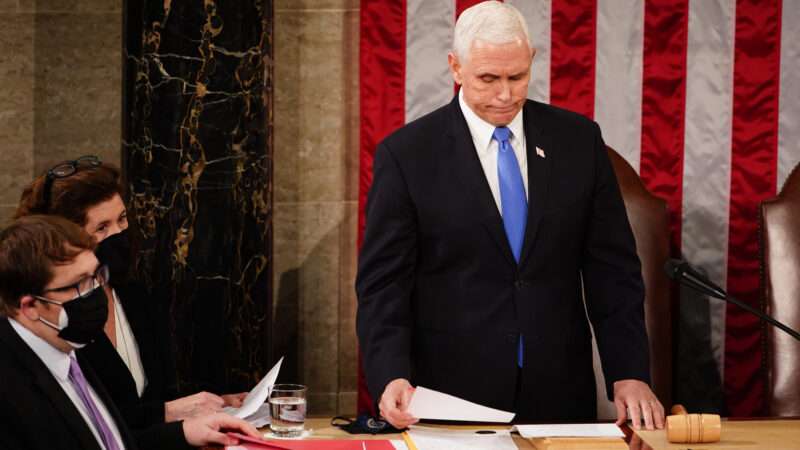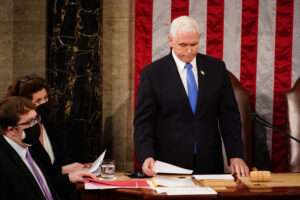

Congress is moving forward on reforming the Electoral Count Act of 1887, by including the Electoral Count Reform and Presidential Transition Improvement Act in a massive spending bill that must be approved within the next few days to keep the federal government funded:
The bill was driven by the Jan. 6, 2021, attack on the Capitol by a mob of President Donald Trump's supporters seeking to stop the certification of Joe Biden's win. Lawmakers have warned a similar effort could disrupt future electoral counts without changes to the process.
The version that ultimately gets enacted will probably be close to that developed by a bipartisan group of senators, rather than the possibly slightly better version that passed the House of Representatives in September. But either version will be a significant improvement over the status quo.
In a July post, building on the work of Andy Craig, then of the Cato Institute (a leading expert on ECA reform), I summarized the three main goals a reform bill achieve:
1. Preventing state governments from, in effect, changing the rules after election day, in order to reverse election results they don't like.
2. Preventing Congress from throwing out electoral votes for bogus reasons (as some GOP members of Congress sought to do after the 2020 election).
3. Making it more clear that the Vice-President does not have the power to invalidate electoral votes (a step then-VP Mike Pence rightly refused to take in January 2021, despite the urging of Donald Trump).
Both the Senate and House bills make major improvements on all three points, and have, for that reason, been praised by election law experts across the political spectrum. Craig has a helpful breakdown of the similarities and differences between the two bills here.
ECA reform will not fix all the ills that ail American democracy. But it will close some important loopholes revealed by the traumatic aftermath of the 2020 election. This reform act is not only good enough for government work, but one of the rare acts of Congress that is just plain good, period!
The post Congress Moves Forward on Electoral Count Act Reform appeared first on Reason.com.







